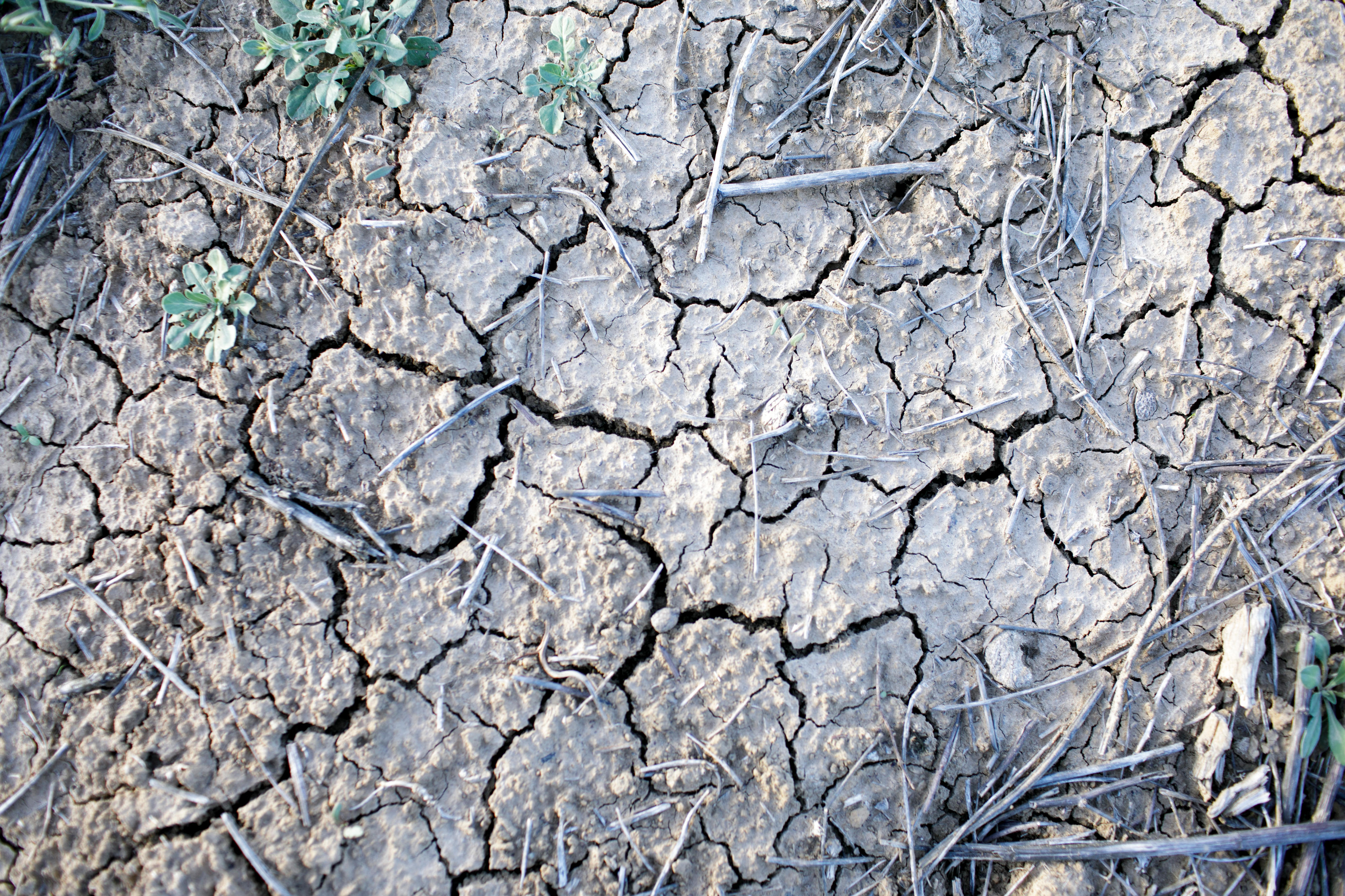Parched farmland in Tunisia
Copyright© Thomas Imo/photothek.net
Global Initiative on Disaster Risk Management (GIDRM) Better cementing development achievements
Phase 1: Developing tailormade solutions
In phase one, from 2013 to 2018, GIDRM supported various political, private sector and academic networks. Its aim at that point was to develop tailormade responses to some of the specific challenges of disaster risk management. Partner countries were helped to prepare for extreme natural events and extreme weather events and to safeguard their development gains.
Phase 2: More coherence for more effectiveness
In phase two, from 2018 to 2020, GIDRM focused on the issue of coherence. All the major international agreements concluded since 2015, in particular the 2030 Agenda, the Paris Agreement, the New Urban Agenda and the Sendai Framework for Disaster Risk Reduction, have the common goal of mitigating the damaging impact that extreme events have on society, ecosystems and infrastructure. Yet the obligations these agreements place on signatory states have not been well coordinated with each other.
In order to achieve the agreements’ various goals, ensure the effectiveness of the individual measures and avoid overstretching the governments and authorities involved, particularly in developing countries, it is vital to coordinate the planning, implementation and reporting requirements of all of the aforementioned agreements. And so the BMZ tasked GIDRM with supporting selected international, national, governmental and non-governmental players in their efforts to achieve greater agenda coherence.
In order to facilitate a process of sharing experience “from the bottom up”, the BMZ identifies national and subnational examples of successful agenda coherence and brings them to the attention of regional and international bodies.
Phase 3: Mainstreaming risk management
GIDRM phase three began in November 2020. During this phase, the Initiative is drawing on the lessons learned in the first two phases to introduce into regional, national and local structures in southern Africa, Asia and Latin America the principle of risk-informed development and the comprehensive risk management approach.
These risks can have damaging knock-on effects on many areas of life and the economy. And so they pose a special challenge to established risk management institutions that have so far concentrated only on specific individual hazards. Risk-informed development is a development approach that looks at risks arising from a number of sources, such as climate change, state fragility or population growth.
The project links in with bilateral and regional development projects and helps to mainstream disaster risk management in a number of different areas in the focus of development cooperation. This helps to safeguard the development progress that has been made.
